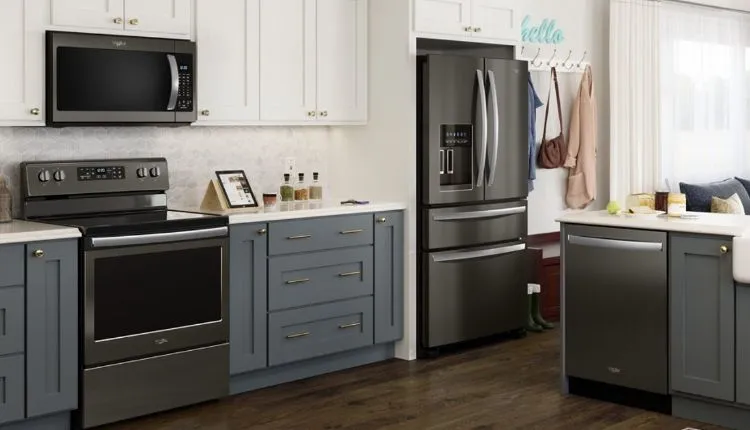
What Is Appliance Extended Warranty?
Appliance Extended Warranty is an option to lengthen the manufacturer’s basic warranty. However, the coverage comes at a cost, and some people never use the plan, which makes it feel like a waste of money. In addition, many warranties include terms that make them inconvenient to use, such as requiring routine maintenance or using only specific service providers. Compare the options offered by different stores to find the best choice for you.
Manufacturer’s Warranty
Most appliances come with a manufacturer’s warranty included in the price of purchase. Many of these warranties cover repair costs for a limited amount of time after the product is purchased. Appliance Extended Warranty companies fill in the gap when these initial warranties end. These policies are often based on wear-and-tear and are designed to help consumers avoid high-priced repairs that can result from unforeseen issues.
A reputable extended appliance warranty company will offer a partner network of licensed and insured tradespeople. These technicians are experienced with the brand and model of each appliance. When you file a service request, the company will typically send a professional to your home within days—or even hours—of your submission. Depending on the provider, extended appliance warranty plans may also include additional perks. They can include coverage for unexpected events, like a power surge or lightning strike. Some will even allow homeowners to transfer the policy to a new owner of the home in case of a sale.
Extended Coverage
A home appliance warranty supplement, also known as a protection plan or a service contract, extends the manufacturer’s warranty. It covers repair and replacement costs after the original warranty expires. It may have different plan lengths or include a variety of services, including parts and labor. Some also allow owners to transfer the coverage to a new owner if they sell their appliances. Extended warranties are not without risk, though. Some companies rely on these contracts to make a profit and can charge exorbitant fees for repair or replacement of appliances that do not break down.
Most home warranty companies have a network of certified technicians and can dispatch one to your house within days or even hours of you submitting a service request. However, some warranties have terms that limit their usefulness, such as requirements that you follow routine maintenance or use certain providers for repairs. These restrictions can be inconvenient and can also limit your choice of service providers.
Additional Perks
There are a few key perks you can enjoy with an appliance extended warranty. One is that they often cover more than just repair costs. Some offer 24/7 support or reimburse you for food spoilage, laundry service and other related costs. Others give you the option to transfer coverage if you sell the covered appliance. You can purchase appliance protection plans from several retailers, including Best Buy and Home Depot. Some of these protection plans also include a reinstallation credit and a “no lemon” policy. Home Depot’s protection plan also covers non-appliance purchases and offers a two-day service guarantee in select metro areas.
If you’re considering purchasing a protection plan, it’s important to understand how the claims process works and what the stipulations are for repairs and replacements. Make sure you find a provider that provides a fast turnaround time and has a good reputation for customer service. Some providers even have a mobile app that lets you submit your claim on the go.
Cost
Home appliance insurance warranties are a $40 billion industry, according to Warranty Week. Two-thirds of in-store electronic shoppers and nearly three-quarters of appliance purchasers say that salespeople push these service plans on them. Generally speaking, extended warranties cover mechanical parts and labor, but their terms can vary greatly. They may also have deductibles and charges for each claim. These policies can also exclude certain things, such as natural disasters and residential appliances used in a commercial setting.
If you are unsure whether an appliance protection plan is worth it, consider what you would pay to fix your appliances without the coverage. Most homeowners can find better uses for their money than paying for a service plan that might not be needed. Plus, a homeowner warranty usually offers broader appliance repair protection than an extended appliance warranty. Some credit card companies even offer complimentary home appliance warranties. These can be a great option for consumers who do not want to take the risk of not having enough cash on hand for repairs.
Conclusion
A home appliance warranty or protection plan extends the manufacturer’s limited warranty. This can help protect you from hefty repair or replacement costs and prevent costly surprises that come with sudden breakdowns and wear-and-tear. Often, these warranties offer a flat up-front fee and connect you with experienced service technicians. However, it’s important to weigh your options carefully.




